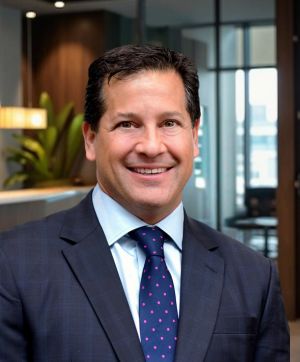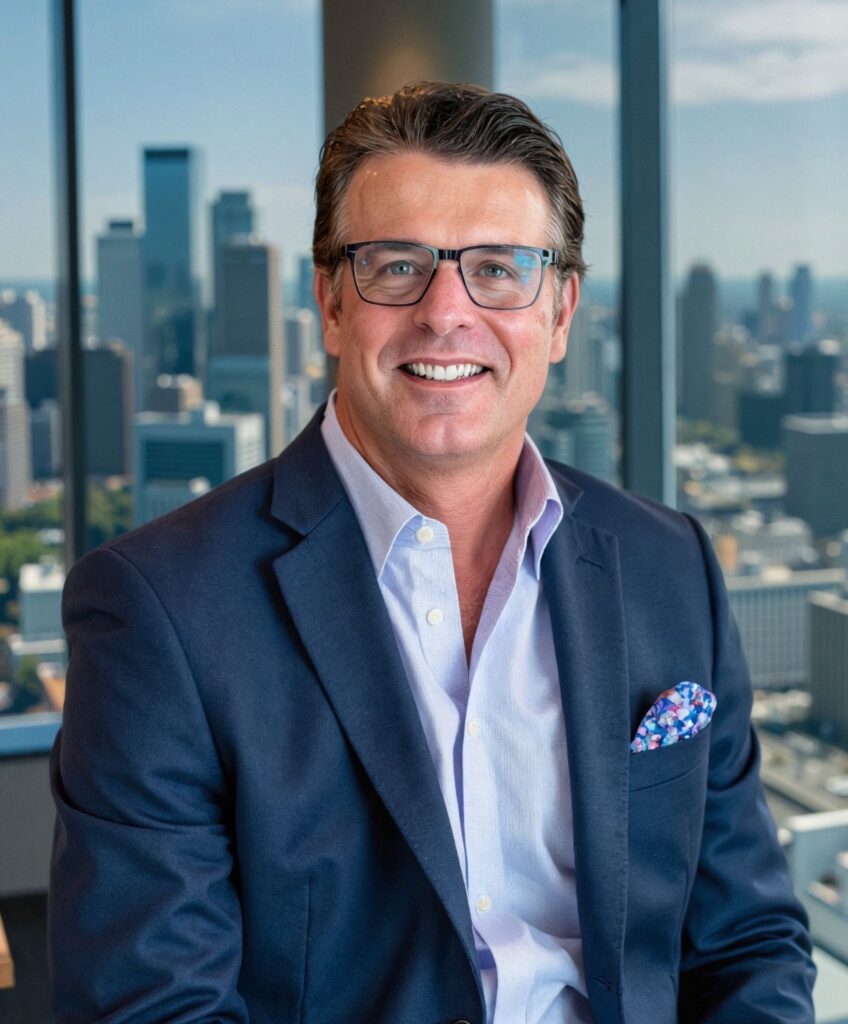winter is coming
Originally Written April 21, 2025
New York is undergoing its annual springtime thaw, with green shoots promising months of warm sunshine ahead. Yet I can’t escape the feeling that “Winter is Coming” – there’s a growing disconnect between the optimism I hear from developers and the harsh reality signaled by both markets and investors.
For four years, our markets have enjoyed administration and public policies that funneled money and incentives to green initiatives with little discrimination. Not surprisingly, this abundance of capital created an environment where companies took on more risk, pursuing strategies that assumed capital would remain easily accessible.
The game has changed. A new administration with a revised vision of US energy policy, coupled with increasingly volatile financial markets burdened by excessive government and private sector debt, has altered the landscape. Providers of capital have reacted quickly to this new paradigm, while users of capital are slower to accept these harsh realities.
Even before recent market volatility, many in the renewable sector seemed to ignore the signs of trouble. After Infocast, I was struck by how many large-scale Renewable IPPs and developers are likely in financial distress yet operating as if everything were normal. I can name at least 5-6 companies that, without massive yield compression, will struggle to return money to investors in any reasonable timeframe and will need to seek additional funding on highly dilutive terms.
Below these major platforms are scores of mid-sized developers who have struggled to secure permanent capital, surviving hand-to-mouth in an easy-money environment. Many now face limited chances of securing letter of credit facilities or funding to advance their ambitious pipelines. The strategy of “develop and flip” to fund growing portfolios is faltering, highlighting the importance of permanent capital in this lumpy, capital-intensive business.
This will force companies to market their pipelines and projects earlier in development, likely disappointing in valuation and forcing them to either:
- Raise much higher-cost capital, digging a deeper hole, or
- Cede a major portion of ownership (in some cases 100%).
I’m aware of several assets already handed to lenders and fear this trend will accelerate.
This troubling environment existed before recent tariff wars with China – a country with a monopoly on many critical elements for panels, batteries, and other materials necessary for renewable energy projects.
I can’t help but feel we’re headed for a difficult period where colleagues will fail and assets will change hands for a fraction of their perceived value from just months ago.
Let me be clear: as someone who has dedicated their career to renewables, I firmly believe this market will overtake the worldwide energy ecosystem long-term and deliver on the promise we all seek. However, growth curves don’t follow straight lines upward, and we’re likely facing a multi-year reset before the next wave.
The smartest operators will confront this reality immediately and position themselves to weather the uncertainty until markets stabilize into whatever new paradigm emerges.
I offer several strategies for navigating these rough waters:
- Capital still exists but seeks less risk for more return. Projects near Notice to Proceed remain saleable, though at higher discount rates than owners might like. Reasonable sellers will find buyers – with “reasonable” being the key. Don’t sweat the small stuff as windows may open and close.
- Not all opportunities should move forward. Liquidity is king – scrutinize every dollar spent. Some projects may need to be abandoned, development scaled back, and investment decisions subjected to much higher standards of probability, timing, and return. These difficult decisions must be made quickly.
- Plan for the next 2-3 years assuming you can no longer sell projects at previous volumes or valuations. Companies typically fail because they restructure costs and operations too late. Examine your portfolio and operations critically and secure funding for 2-3 years.
- Move with urgency. In volatile markets, conditions change daily. Don’t delay decisions or transactions over minor points that may no longer be available tomorrow.
- Choose capital carefully. Avoid investors who offer what you believe your portfolio is worth but charge high costs for their secure returns first. The best capital accurately values your portfolio rather than gambling on a recovery in 12-24 months. Many will take on expensive PIK preferred equity and, without a strong recovery, lose most if not all their value.
- If you have capital or can secure it on reasonable terms, conserve it and wait. Opportunities to buy projects at attractive prices will emerge, and platforms with both capital and teams that can advance projects will be well-rewarded long-term.
As with most challenges, success requires a realistic view of your situation and a coherent plan. We remain committed to providing transparent, honest advice and strategies focused on our clients’ long-term success, rather than executing near-term transactions that could create future complications.
Written by XIP’s Co-founders and Managing Partners, Rob Sternthal and Scott Troller.

For the last 20+ years, Rob has been a leading investment banking executive and recognized platform builder across the renewable power, energy, ESG and real assets sectors, advising on more than $25 billion of transactions. He began his career as an attorney for the US Securities & Exchange Commission as well as in private practice at Milbank.
Scott is a private equity executive and entrepreneur with over 25 years’ experience acquiring, building, and transforming businesses into industry leaders well-positioned for either public or private expansion. He has completed over 100 acquisitions, divestitures and financing transactions across multiple middle market industries in excess of $10 billion of value.

Whether it be with regard to engaging an advisor, looking for a capital partner, or seeking out a thought partner as you contemplate the evolution of private investment in critical infrastructure, we would welcome the opportunity to connect with you.
Securities Products and Investment Banking Services are offered through BA Securities, LLC. Member FINRA SIPC. Expedition Infrastructure Partners, LLC and BA Securities, LLC are separate, unaffiliated entities. To learn more about the professional background of Expedition Infrastructure Partners, LLC and our Registered Representatives, please visit FINRA BrokerCheck. Past performance, awards, or testimonials are not indicative of future results. No guarantee of future performance or success is implied.
© 2026 Expedition Infrastructure Partners, LLC. All Rights Reserved.

